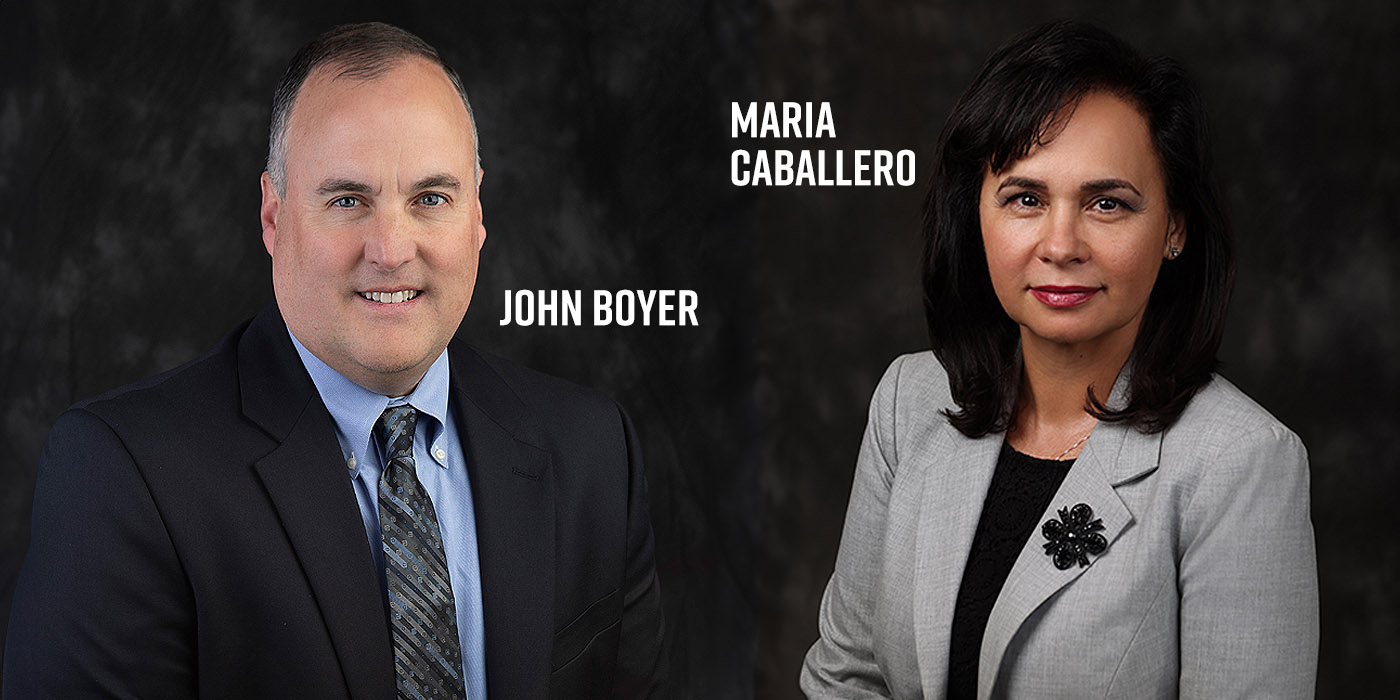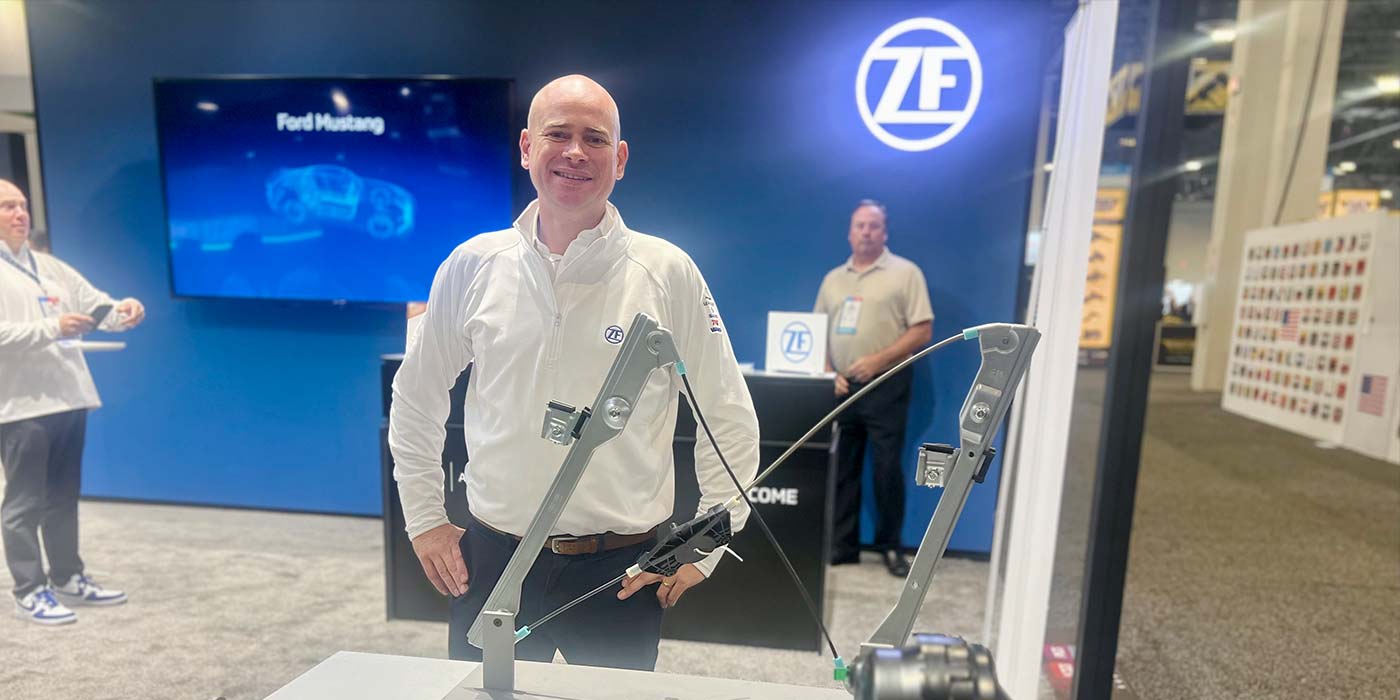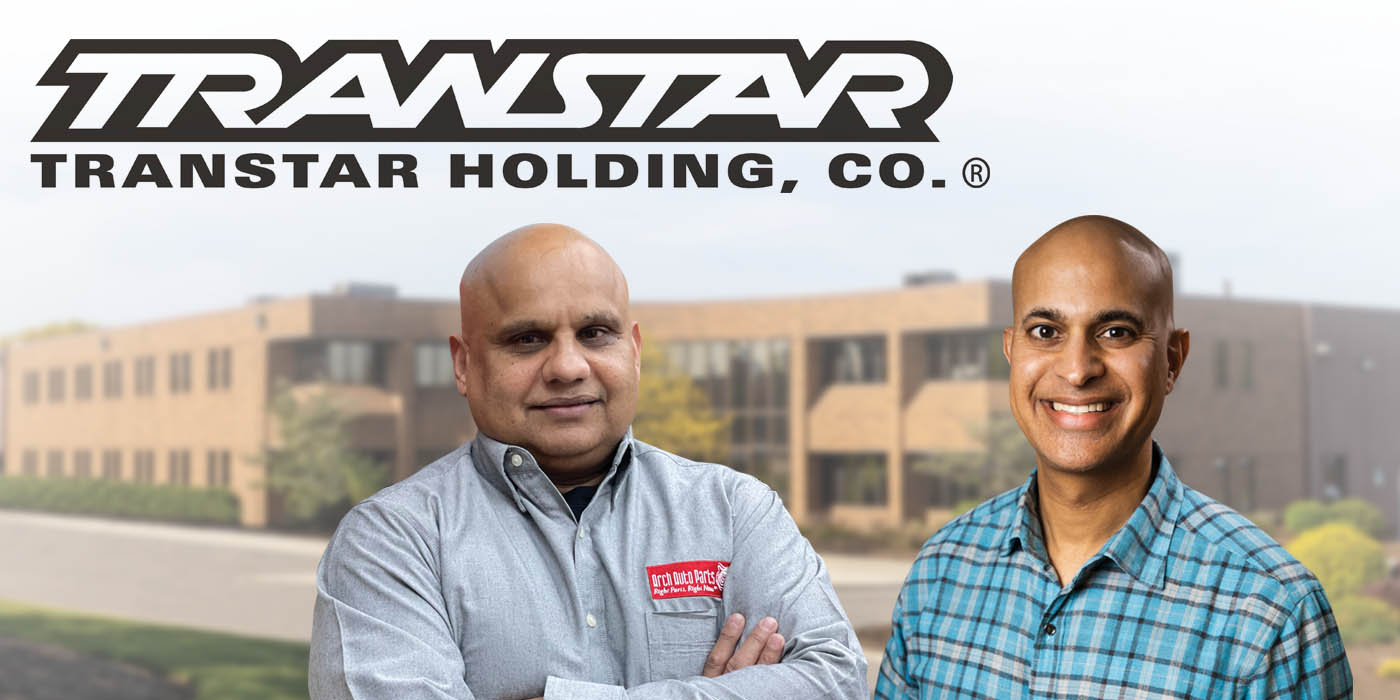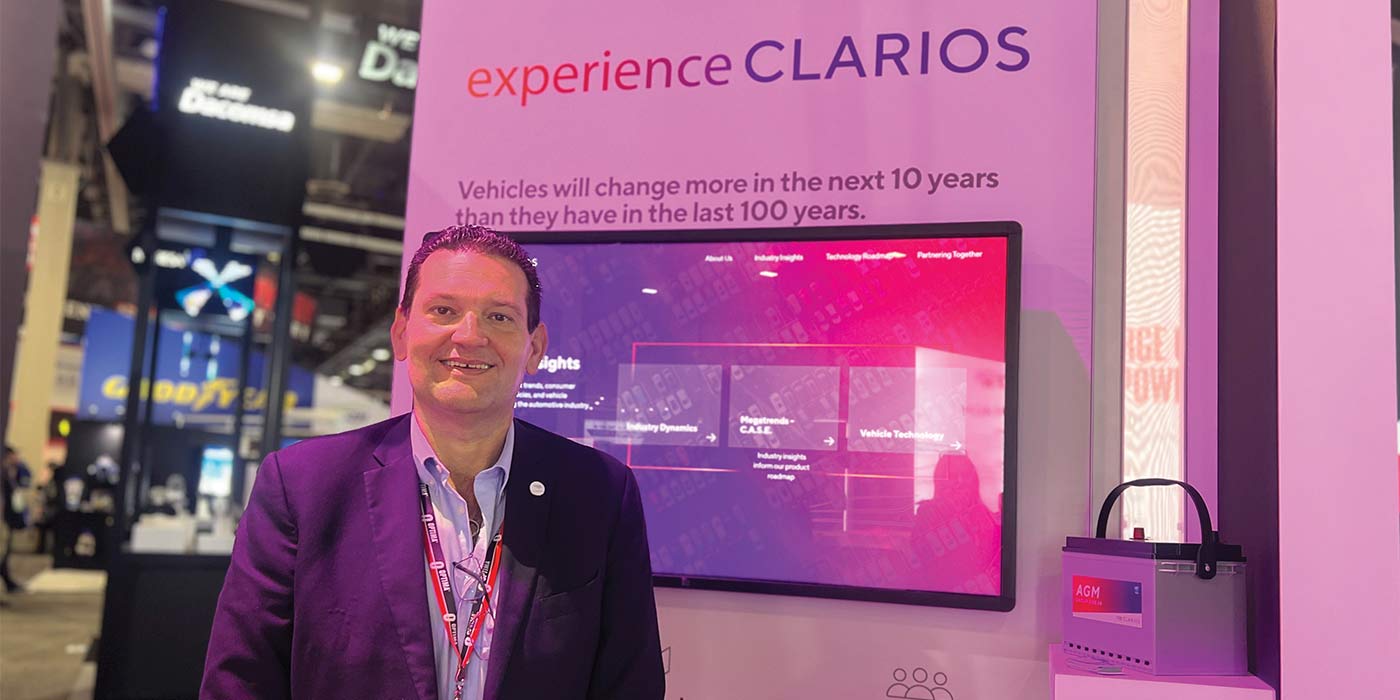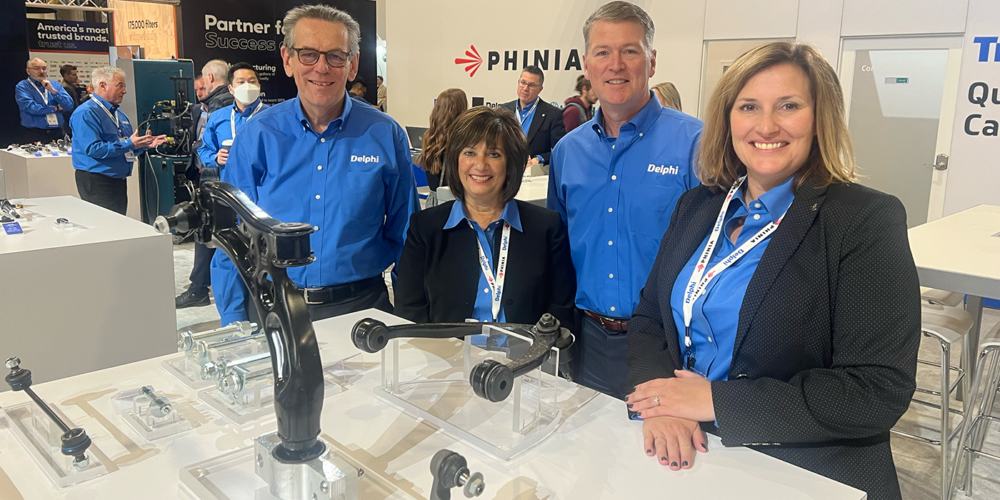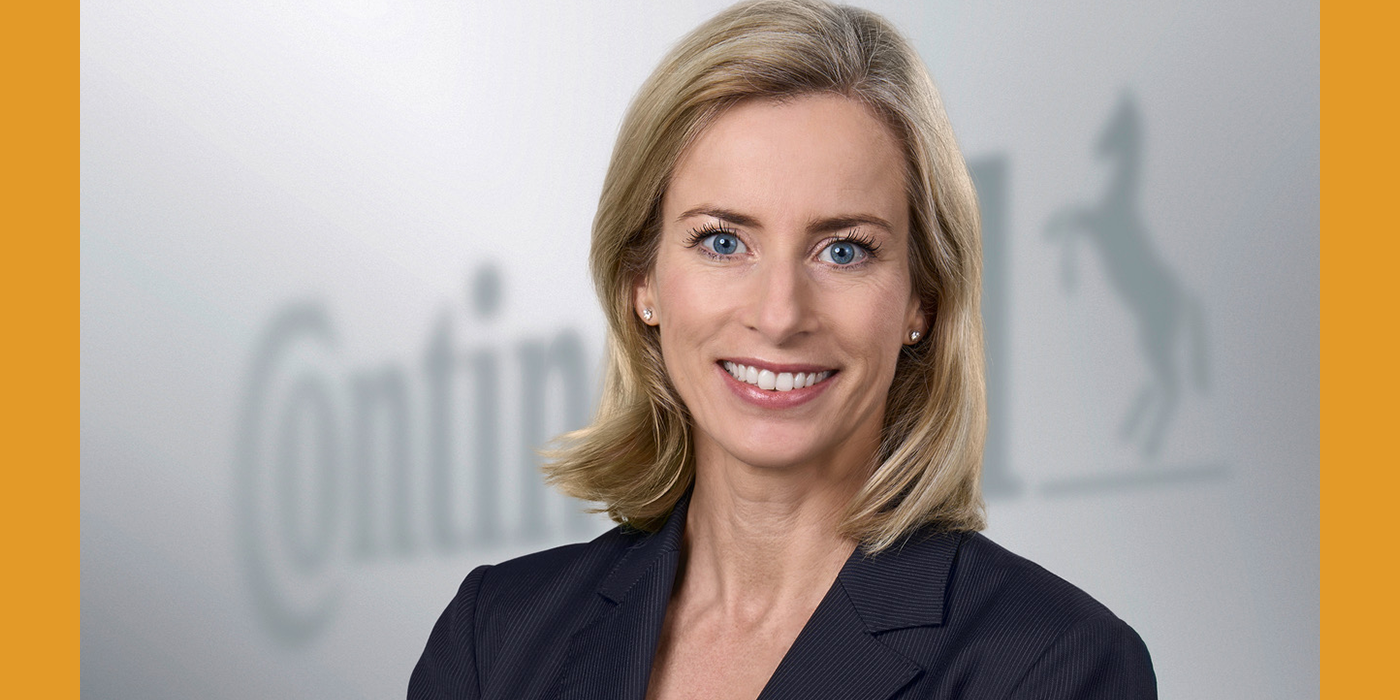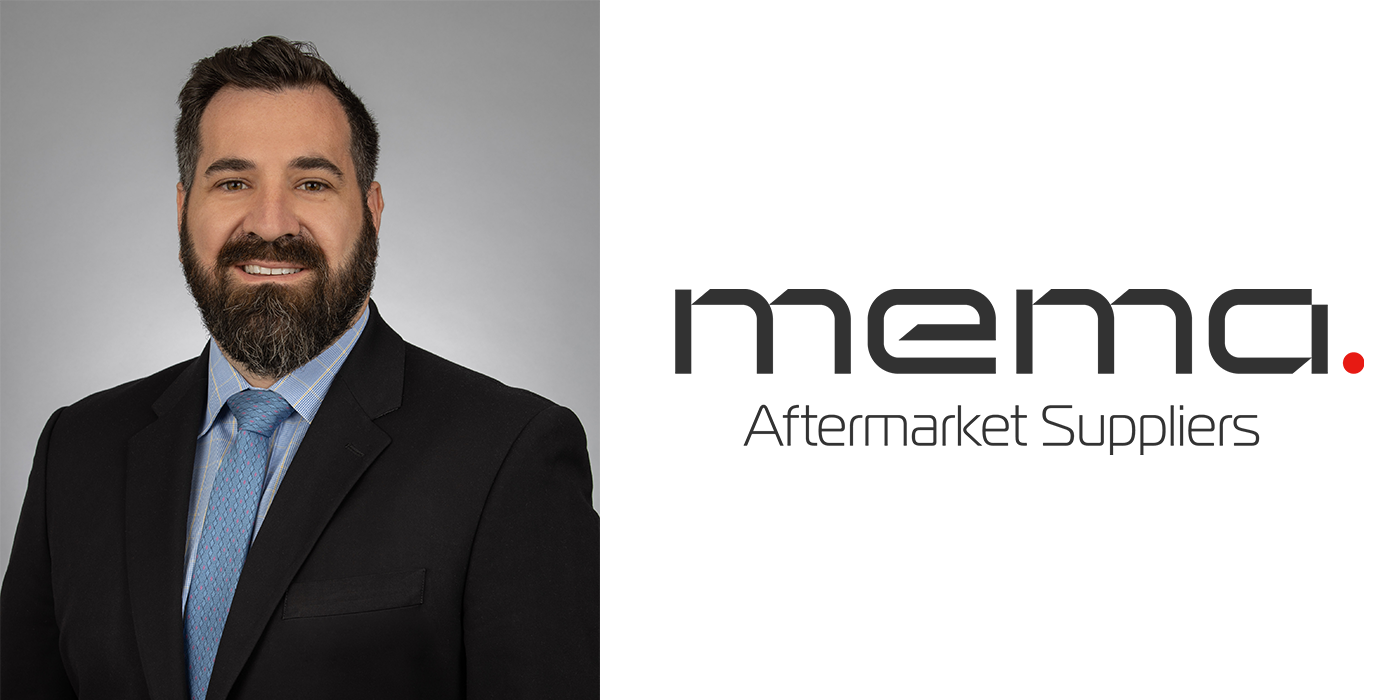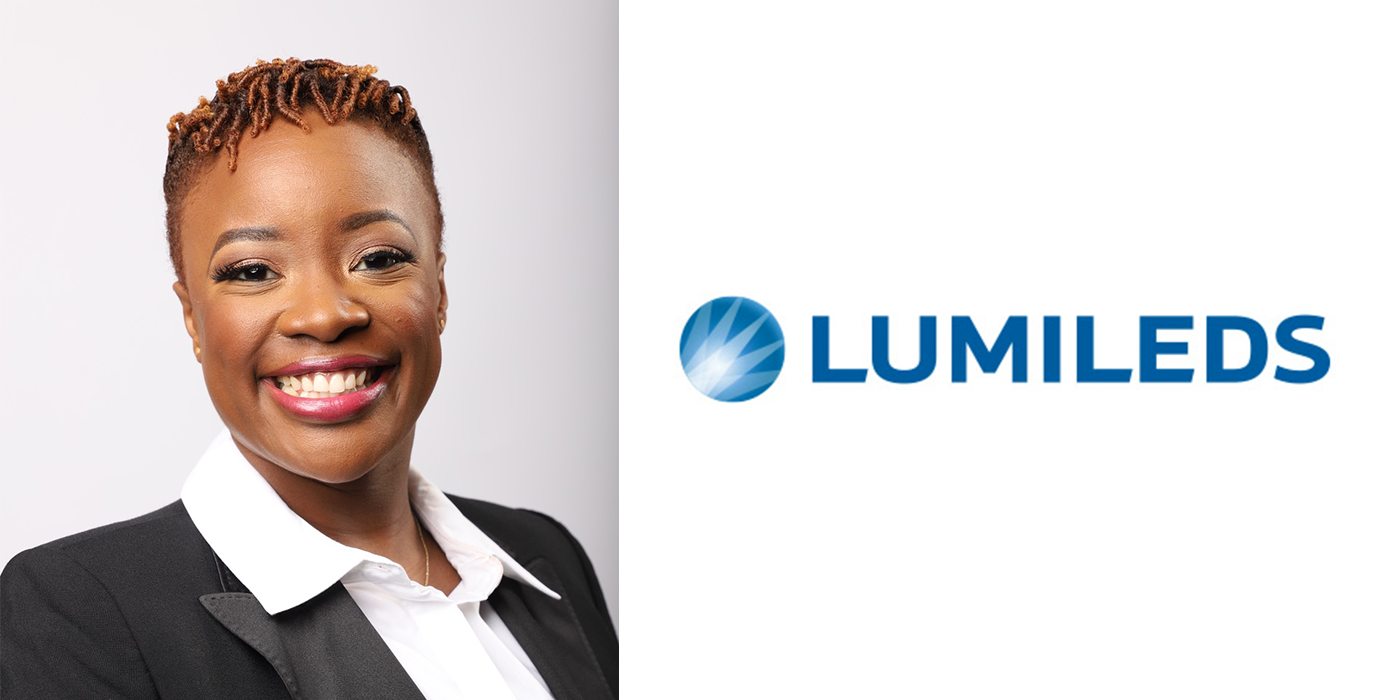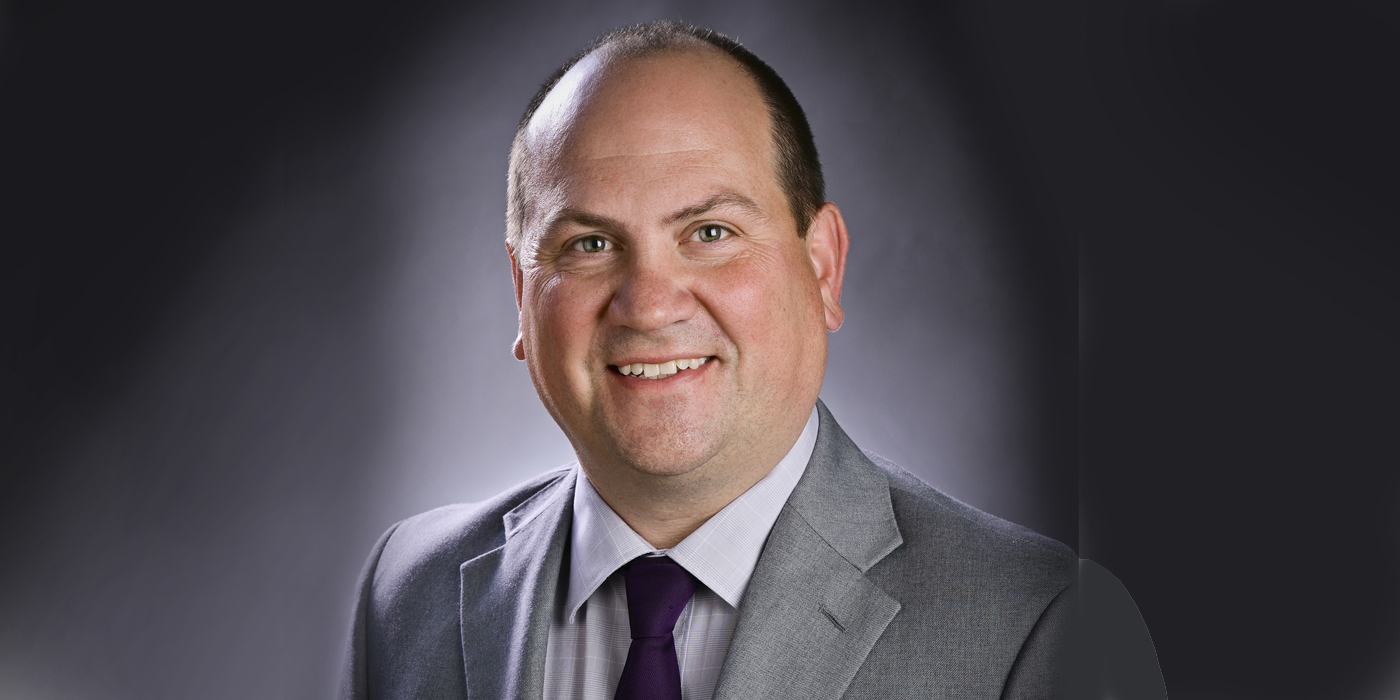Last week, we had the opportunity for a brief Q&A with Tom Gauer, senior director of automotive retail research at J.D. Power & Associates. We asked Gauer to give us some insight into the current state of the service and repair market and what independent service facilities can learn from dealership service departments. 
Something that has been discussed quite a bit in the automotive aftermarket in the past few years is the perception that dealerships are looking to win more of the service and parts market share – essentially taking away business from the independent aftermarket – and to some extent they have. How do you think the current economic crisis and the expectation that some 4,000 dealerships will close this year will impact this?
I’m sure there are going to be a substantial number of customers who are able to access another dealer that is close by, but the bulk of them are going to go to the aftermarket specialty service centers and repair shops. I imagine that with the current environment of so many dealers closing, that’s going to be a real boon to the independent service providers.
The other element that comes into play with regard to the current market conditions is the fact that people are not buying new cars. And, with the built-in quality and durability of current vehicles, the vehicles are lasting longer. People are now holding on to them longer trying to figure out “Am I going to have a job next year or not? It would be better to make sure this car runs and continues to run, rather than spend the money on a new one at this point.” So, I think a lot of people are being more conscientious regarding the service needs on their vehicles and bringing them in to independent repair shops if they [the shops] have the capabilities. I would imagine a lot of the aftermarket providers are also busier than usual because of the downturn in the new vehicle market, with people holding on to their current vehicles longer and doing what they can to ensure that they stay in good operating condition.
Do you think, after getting the financial rescue package, that automakers will continue their focus on the service and repair business?
Good question. I think a lot of the focus on the back end of the store if you will, the service department, comes from the focus of the individual dealers themselves. I don’t know if it’s because they started out as a technician and got into the business that way, but there are certain dealers within any of the different franchises that put a lot of emphasis on the back end of the operation. It’s generally those stores that develop a reputation for having a great service facility and turning people in and out quickly. They are able to weather the storm a little better when the market goes down from the standpoint of the new vehicle sales. They don’t rely on the front end of the operation to keep them in business. It’s the back end that keeps them afloat when the market takes a downturn like this.
I really haven’t seen that it’s the primary focus of one manufacturer or the domestics versus the Asians or Europeans, in terms of having less or more of a focus on the service aspect. I see the difference more from one dealer to the next.
In October, J.D. Power & Associates released the 2008 Service Usage and Retention study, which showed that dealerships are having success retaining service customers even after their vehicles are out of warranty. Can you elaborate on what factors keep those customers coming back to the dealership and what independent service dealers can learn from that?
A lot of it just has to do with the convenience element. Some people aren’t as price sensitive as others and rather than going through the hassle of trying to find another place to bring their vehicle and all the questions that come with it – “Is the place reputable? Do they even service my brand of vehicle?” Here, you’ve got a place that you’ve always gone to, they’ve always done a good job for you, the place is clean, they have a nice waiting room, Internet access, free coffee, whatever. There are a lot of elements that make it convenient to stay with the dealership. A lot of the dealerships focus on that, offering a shuttle service or loaner cars for example, to make it convenient for the customers. Even though they may be more expensive, it’s that timing and convenience that really comes into play as to why people deal with the dealership.
We also found [in the survey] that the reasons people do not use a dealership, the primary reason cited is that they had a good experience at a non-dealership aftermarket provider. So, I think the challenge for most of the aftermarket is to get people to try them out at least once, or try them out that first time.
There is a misconception that a lot of consumers have that they have to go to a franchise dealer for their service needs at least during the warranty period or it will void the warranty. We know based on our consumer research that more than 30 percent of consumers believe that if they don’t go to the dealership it’s going to void their warranty. Well, that is not the case. And I’m sure given some sort of a marketing campaign or advertising promotion routine, aftermarket providers might take advantage of that fact and educate the public that “No, your warranty will be honored and we can do the service or your routine maintenance check at a quicker pace, at a reduced cost, with the same quality parts.” That is the issue we see on why people are happy with the aftermarket providers that they do utilize. It is the issue of getting them in there the first time.
The other element that comes into play for those who do use the aftermarket is the perception that the dealer charges more for service. Fully, half of the people who use aftermarket providers feel that dealerships charge too much. I said earlier that price isn’t a factor for some, but it is a primary driving factor for those who do use aftermarket service providers, as opposed to the dealership. So, anything the aftermarket providers can do to promote the competitive nature of the pricing structure and the services that they offer, is going to work to their benefit.

